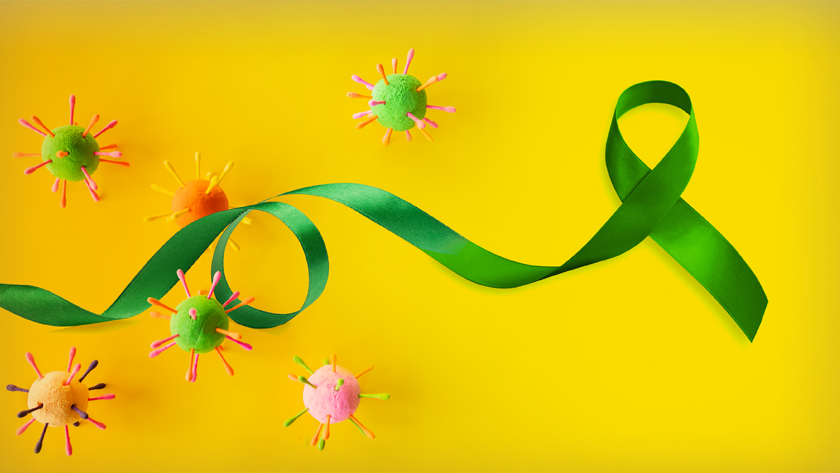
A national research project has just launched to study the effectiveness and safety of COVID-19 vaccines in transplant recipients. The Government of Canada, through its COVID-19 Immunity Task Force (CITF) and Vaccine Surveillance Reference Group (VSRG), is investing over $2.84 million in this research program, based at University Health Network and called PREVenT COVID, short for Prospective Evaluation of COVID-19 Vaccine in Transplant Recipients: A National Strategy.
Key support for this project is also being provided by the Canadian Donation and Transplantation Research Program (CDTRP). The CDTRP is a national research network designed to increase organ and tissue donation in Canada and enhance the survival and quality life of Canadians living with a transplant.
“Because people who have received a solid organ transplant and other immunosuppressed individuals are generally excluded from clinical trials of vaccines, little data exists to guide clinical best practices for these populations,” says Dr. Deepali Kumar, project lead, Clinician Investigator at the Toronto General Hospital Research Institute and Director of Transplant Infectious Diseases at the Ajmera Transplant Centre. “Our research will address this knowledge gap by revealing how transplant recipients—who are on immune-suppressing medications to prevent organ rejection—respond to COVID-19 vaccines. We will compare their immune responses to non-transplanted individuals as well as those who have contracted COVID-19.”
With this funding, Dr. Kumar’s team will launch this study across multiple transplant centres to examine short- and long-term antibody responses in transplant recipients following first and second doses of COVID-19 vaccines. The team will compare these responses to those of healthy individuals who have not undergone transplant and those of transplant recipients who naturally contracted COVID-19.
The team will also assess the short- and long-term safety profile of vaccines in transplant recipients, tracking the rates of local and systemic reactions, organ rejection and other transplant complications.
“People who have received an organ or stem cell transplant may have unique immunization needs. For example, we do not know whether the effectiveness of vaccines differ depending on the timing of immunization relative to transplant,” explains Dr. Kumar.
The researchers will then develop a national COVID-19 vaccination safety surveillance system for transplant recipients. This system will build upon the Canadian National Vaccine Safety Network—an ongoing Canada-wide vaccine safety surveillance initiative.
“Our goal is to help coordinate the efforts of provincial and national organizations that are involved in public health and vaccination research and facilitate information sharing among public health agencies and patient partners,” says Dr. Kumar. “This research will build on Canada’s leadership in transplant medicine and inform health policy to best protect transplant recipients from COVID-19.”
COVID-19 vaccination remains one of the most effective ways to protect ourselves and others from COVID-19. This is why vaccination is important for the general population around immunosuppressed individuals who may have a reduced immune response to any authorized COVID-19 vaccine series.
“It is imperative that we study the immune response and safety of vaccines not only in the general population, but in populations with specific health issues, such as persons having received organ transplants,” says Scott Halperin, Co-Chair of the VSRG. “We need to ensure that vaccines are working in vulnerable Canadians: studies like this will help to inform us whether a booster dose is needed in this specific population.”
The Government of Canada established the COVID-19 Immunity Task Force in April 2020 to lead nation-wide efforts to determine the extent of COVID-19 infection in Canada. The Vaccine Surveillance Reference Group was formed in December 2020 to support the monitoring of vaccine safety and effectiveness.

Dr. Deepali Kumar is a Clinician Investigator at the Toronto General Hospital Research Institute and Director of Transplant Infectious Diseases at the Ajmera Transplant Centre.




